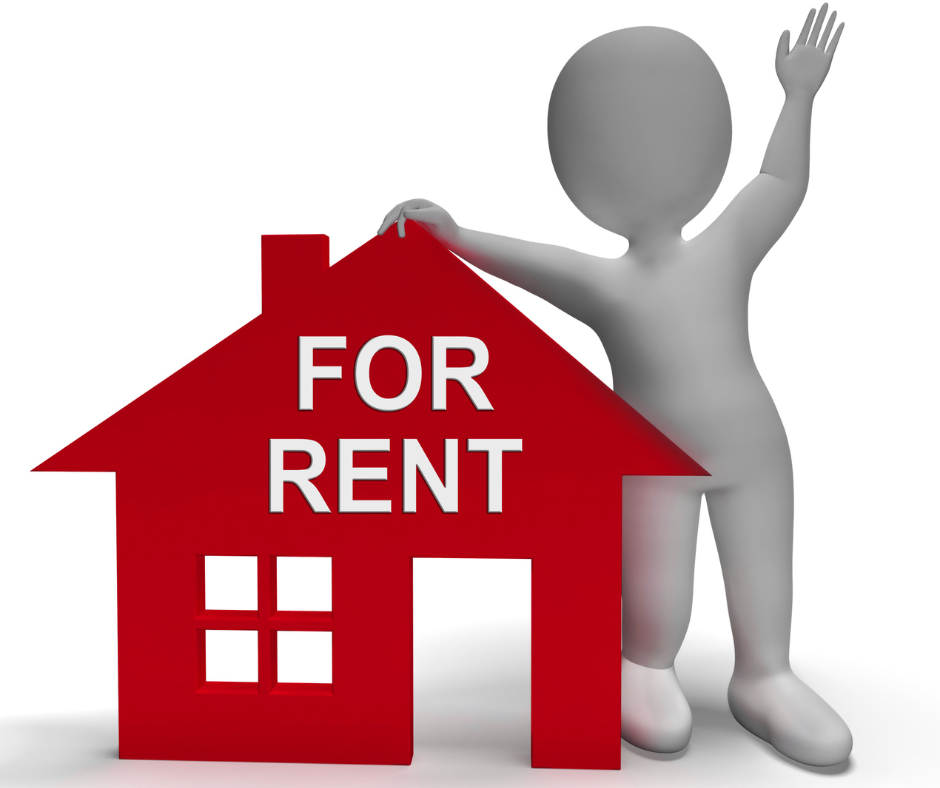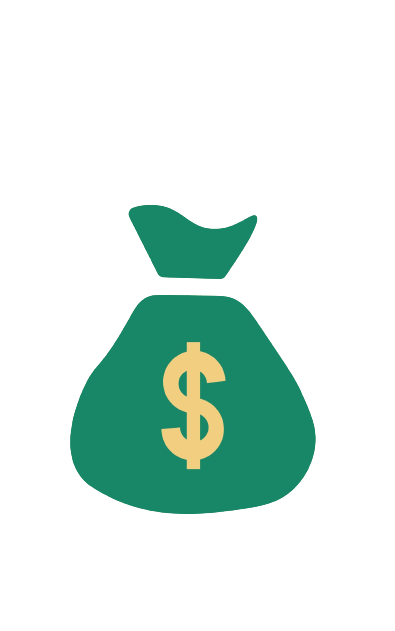Rental Assistance in Paying Your Mortgage

Rental assistance in paying a mortgage typically involves a landlord or homeowner renting out a portion of their property to tenants to generate rental income, which can then be used to cover some or all of the mortgage costs. The primary residence of first-time home purchasers is a single-family home rather than a condo, which is often more inexpensive than a single family home. Single family homes often offer more space, privacy, and potential for appreciation over time. Having rental assistance in paying your mortgage can offer several advantages. Here some of the key benefits:
- Financial relief: Your mortgage payment may be largely offset by rental revenue, which will lower your monthly housing costs. With this financial respite, money can be freed up for other needs like savings, investments, or debt repayment.
- Build equity: You continue to build equity while tenants help cover your mortgage payments. This has the potential to provide significant wealth accumulation over the long run and can play a significant role in your long-term financial plan.
- Steady cash flow: Reliable rental income offers an ongoing supply of cash flow, which enabling you in creating a budget and making plans for future expenses. In case of unexpected circumstances, it can act as a safety net.


- Tax benefits: Tax benefits may occasionally be available with rental income. Deductions for mortgage interest, real estate taxes, and costs incurred to keep the rental property in good condition can be available to you. To learn the precise tax implications in your circumstance, speak with a tax expert.
- Property appreciation: Capital appreciation is an another way of paying mortgage in addition to rental revenue, if your property increases in value over time. This will help you to rise the overall value of your house significantly.
- Flexibility: Financial flexibility is one of the best advantages of having rental income. It may help you to gain other goals, such as investing in other properties, starting a business, or funding education.
- Leverage: Rental income can be used to qualify for a larger mortgage, potentially helps you to purchase a more expensive property than you could otherwise afford.
- Long-term investment: Real estate is often considered a stable and appreciating long-term investment. Renting out a portion of your property can help you leverage this investment for your financial benefit.
- Multigenerational living: if you have aging parents or family members who need housing assistance, rental income can help accommodate them without imposing additional financial burdens.
- Control over tenancy: As a homeowner you have control over selection of tenants, lease terms, and property management, which can provide peace of mind in ensuring your property is well-maintained.
- Flexible housing options: Having rental assistance can provide flexibility in housing. For instance, you can rent out your property while you temporarily live elsewhere for work or travel, maximizing your property’s utility.
- Retirement income: Rental properties can serve as a source of retirement income. Once your mortgage is paid off, rental income becomes a consistent cash flow stream that can supplement your retirement funds.
Here are some steps involved in how renters can help pay a mortgage:
- Purchase or own the property: To begin with, someone needs to own or purchase the property, whether it’s a house, condo, duplex, or apartment building
- Market the property: The property owner then markets the property for rent to potential tenants.
- Screen tenants: Property owners typically screen potential tenants to ensure they are reliable and can afford rent.
- Set rent amount: The property owner sets the rental rate based on the factors like the property’s location, size, condition, and current rental market conditions.
- Sign lease agreements: Once suitable tenants are found, lease agreements are signed.
- Collect rent: The property owner collects rent from tenants on a regular basis, usually monthly. This rental income is then used to cover the mortgage payment and other expenses related to the property.
- Manage the property: The property owner is responsible for maintaining the property and addressing any repairs or maintenance issues. This is important for keeping tenants happy and ensuring a steady stream of rental income.
- Account for expenses: The rental income is used to cover various expenses, including the mortgage payment, property taxes, insurance, maintenance, and potentially property management fees.
- Profit or break-even: If the rental income exceeds the total expenses, including the mortgage payments, the property owner may generate a profit. If the rental income covers only the mortgage payment and expenses, it allows the owner to break even while building equity in the property.
- Build equity: Over time, as the mortgage balance decrease through regular payments, the property owner builds equity in the property. This is a form of wealth accumulation and can be used for future financial goals.
It is important to note that being a landlord comes with responsibilities, including tenant management, property maintenance, and compliance with local landlord-tenant laws. Additionally, rental income can fluctuate depending on market conditions and tenant turnover. Careful planning, research, and financial preparation are essential for successfully using rental assistance to pay your mortgage. I can help you by providing information on areas with strong rental demand or potential for property appreciation.
